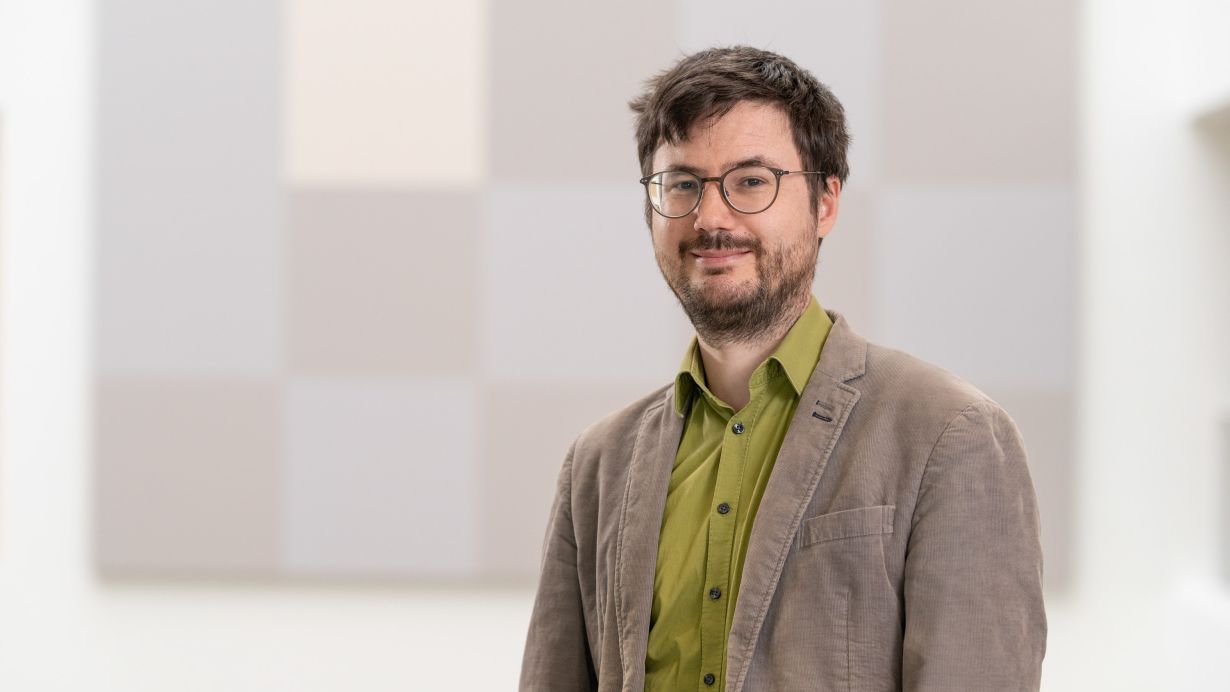Robots are playing an increasingly important role in many sectors such as medicine, industry and research. They can help people with their work, or take over tasks entirely. In his SMARTI³ project, Gerhard Neumann of the Karlsruhe Institute of Technology (KIT) is investigating how this can be done better in real environments. His project has been awarded a 2024 Consolidator Grant by the European Research Council. He will receive EUR 2.4 million over the next five years for his research.
“Professor Gerhard Neumann is setting new standards in robotics and artificial intelligence with his project, which in addition to its work on human-robot interaction is also helping us cope with pressing social challenges like the skilled labor shortage and occupational safety,” said Professor Oliver Kraft, Vice President Research at KIT. “I’m very pleased that he has received a prestigious ERC Consolidator Grant for his project. Gerhard Neumann is the latest in a long series of grant recipients at KIT.”
SMARTI³: Autonomous Learning Robots
With his SMARTI³ (Scalable Manipulation Learning through AR-Enhanced Teleoperation enabling Intuitive Interactive Instructions) project at KIT’s Institute for Anthropomatics and Robotics, Neumann aims to improve the ability of robots to perform complex tasks in real environments, for example manipulating and interacting with numerous objects, understanding instructions, and solving problems such as origami folding or building Lego models. To this end, work in the project is focused on developing new and intuitive interfaces for human-robot interaction, improving algorithms for learning from feedback and existing instructions, and testing scalable capabilities for complex manipulation tasks. Use cases like origami folding and Lego models serve as test environments for demonstrating and refining the technology.
“Our approach combines intuitive data structuring, advanced algorithms for rapid model revision, and methods for seamlessly integrating human feedback into the robots’ learning process,” Neumann said. “With applications in industry and logistics as well as in the home, the project aims to make production processes more flexible and efficient and to automate routine tasks like cooking or folding laundry.”
2024 ERC Consolidator Grants
With its ERC Consolidator Grants, the European Research Council (ERC) aims to support projects by outstanding scientists who earned their doctorates seven to twelve years ago and are in the process of establishing their own independent research teams. In response to the 2024 call for proposals, 2,313 applications were submitted, of which 14.2 percent were approved. Consolidator Grants totaling EUR 678 million were awarded for 328 projects in 25 countries; 67 such projects are at German universities and research institutions.
Being “The Research University in the Helmholtz Association”, KIT creates and imparts knowledge for the society and the environment. It is the objective to make significant contributions to the global challenges in the fields of energy, mobility, and information. For this, about 10,000 employees cooperate in a broad range of disciplines in natural sciences, engineering sciences, economics, and the humanities and social sciences. KIT prepares its 22,800 students for responsible tasks in society, industry, and science by offering research-based study programs. Innovation efforts at KIT build a bridge between important scientific findings and their application for the benefit of society, economic prosperity, and the preservation of our natural basis of life. KIT is one of the German universities of excellence.

